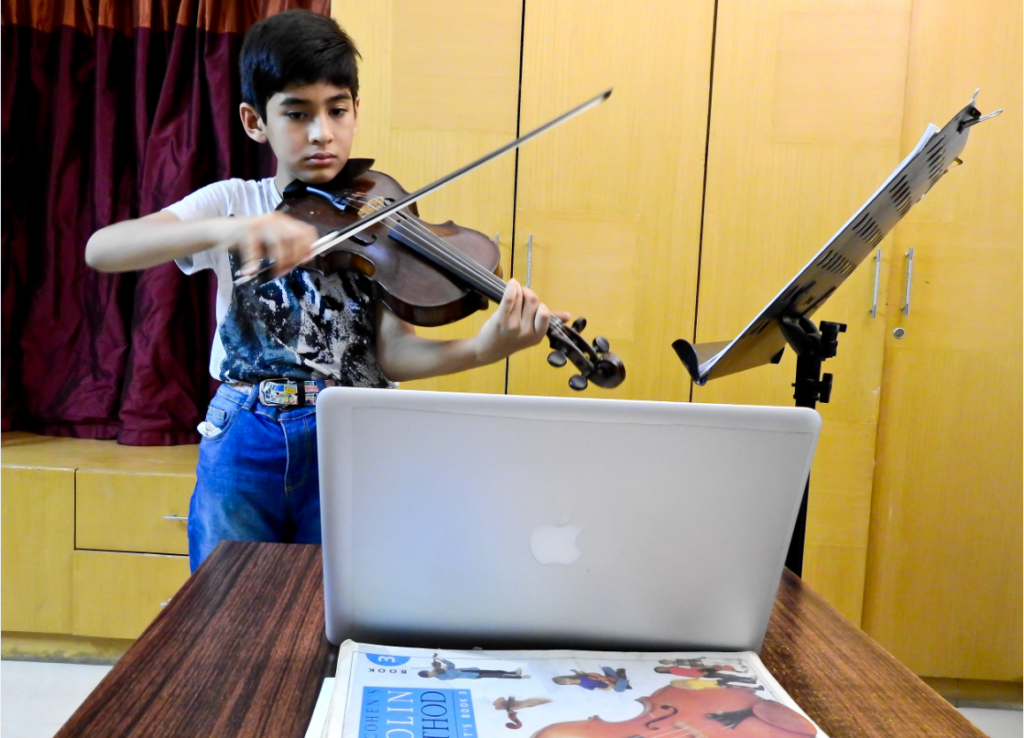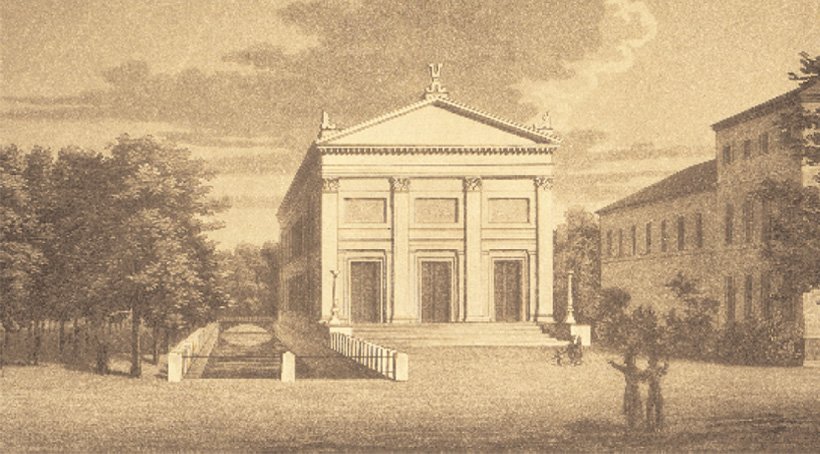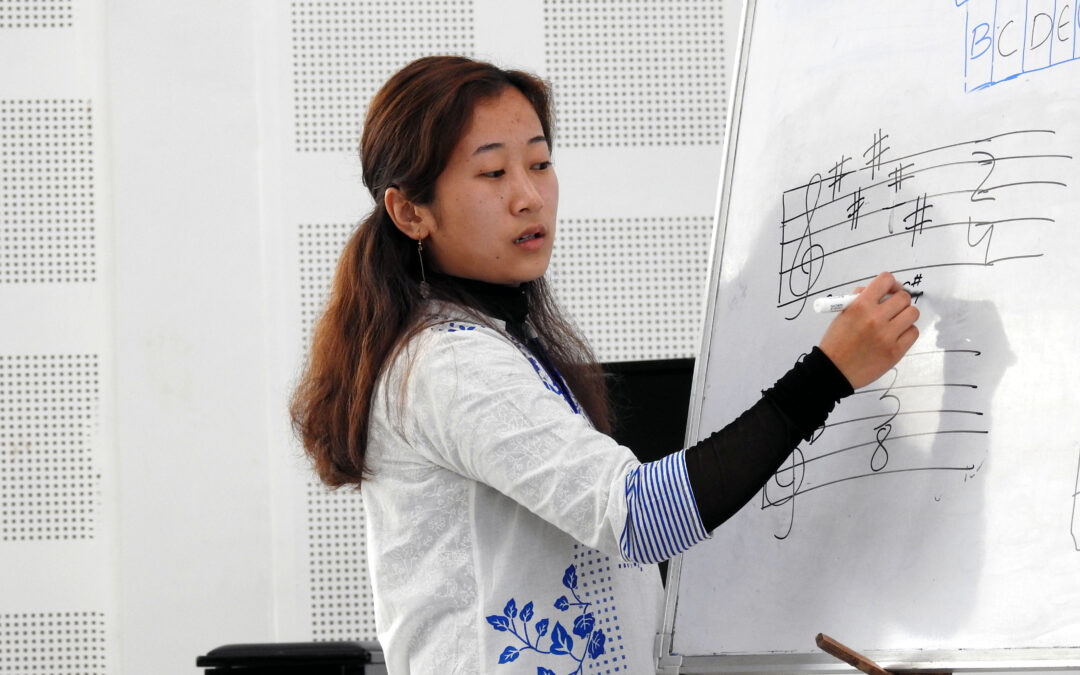Western Classical music education refers to the study and training in classical music, typically involving the performance of music composed from the 9th century to the 19th century mostly in Europe, Russia, also the US, the UK, and other Western countries. It encompasses various elements such as theory, history, composition, and performance practices, and it’s often taught in conservatories, music schools, and universities.
A typical classical music education program includes the study of music theory, which covers the elements of music such as harmony, melody, rhythm, and form. It also includes the study of musical history, where students learn about different musical styles, composers, and their works. In composition classes, students learn the techniques and methods used by classical composers to write music.
In performance classes, students typically receive training on classical instruments such as the piano, violin, cello, and others. They learn to perform classical works, typically starting with pieces written by Baroque composers such as Bach and Handel, and moving on to works by Classical composers like Mozart and Beethoven, and finally to Romantic composers like Chopin and Tchaikovsky. Students are also trained in ensemble playing, where they learn to play with other musicians in chamber music groups or orchestras.
In conclusion, classical music education aims to provide students with a comprehensive understanding of classical music, including its history, theory, and performance practices, as well as to develop their technical and interpretive skills as musicians.
Since the Pandemic, live online lessons have opened a new door for students to have lessons under professional masters on Skype or Zoom. One of the most admired online music academies in India that have been offering one-to-one lessons is www.musiclesson.in

Let’s understand what is a Classical music lesson:
Classical music lessons refer to education in the musical traditions of Western classical music. This type of music has a long history and is considered the foundation of much of Western musical culture.
Classical music lessons typically involve the study of various musical elements, including:
- Theory: The study of the fundamental concepts of music, such as scales, chords, and harmony.
- History: The study of the development of Western classical music and the composers who wrote it.
- Composition: The study of the art of creating music, including the writing of music for various instruments and ensembles.
- Performance: The study of the interpretation and execution of classical music, including the proper technique for playing an instrument or singing.
- Analysis: The study of the structure and design of classical compositions, including the examination of form, harmony, and melody.
Classical music lessons can be taken in many different forms, including private lessons, group classes, or online courses. They can be offered by music schools, conservatories, or private music teachers. The level of study can range from beginner to advanced, depending on the student’s prior experience and goals.

A brief history of Western Classical music schools:
The history of classical music schools can be traced back to the medieval period when the study of music was an important part of a well-rounded education in the arts. During the Renaissance, music became even more prominent and was considered a critical component of court life. During this time, private music lessons were given by court musicians and teachers, and music schools were established to provide formal education in music.
One of the first known music schools was the Schola Cantorum in Rome, established in the 6th century. This school was dedicated to the study and performance of liturgical music and served as a model for other similar institutions throughout Europe.
During the Baroque period, the music schools of Italy became particularly renowned, with many famous composers, such as Vivaldi, serving as instructors. In Germany, the development of the modern conservatory system began in the late 18th century, with the establishment of schools like the Berlin Singakademie.
In the 19th and 20th centuries, classical music schools became more widespread, with many countries establishing their own institutions for the study of music. In the United States, for example, the establishment of the New England Conservatory of Music in 1867 marked the beginning of a network of conservatories and music schools that continues to grow today.
Today, classical music schools continue to play an important role in the preservation and promotion of Western classical music. They provide students with the training and education they need to become skilled musicians, composers, and performers, and they play a crucial role in the development and evolution of classical music.
However, it is not easy to find highly qualified and prolific western classical music teachers everywhere in India. Since the Pandemic, live online lessons have opened a new door for students to have lessons under professional masters on Skype or Zoom. One of the most admired online music academies in India that have been offering one-to-one lessons is www.musiclesson.in , do visit if you are looking for quality music lessons under a caring and experienced master.


Recent Comments